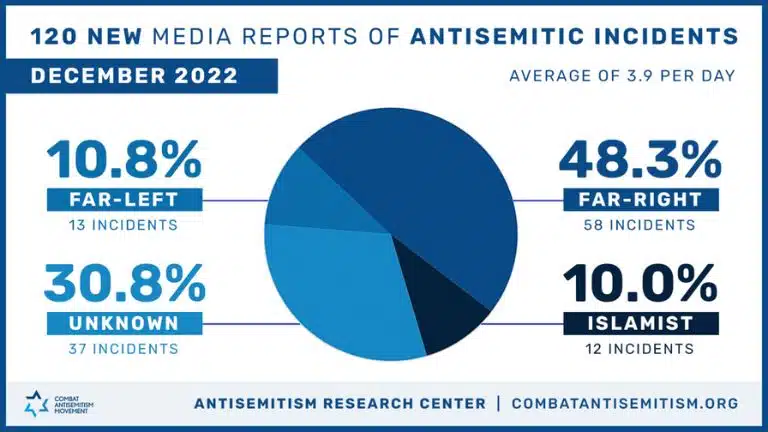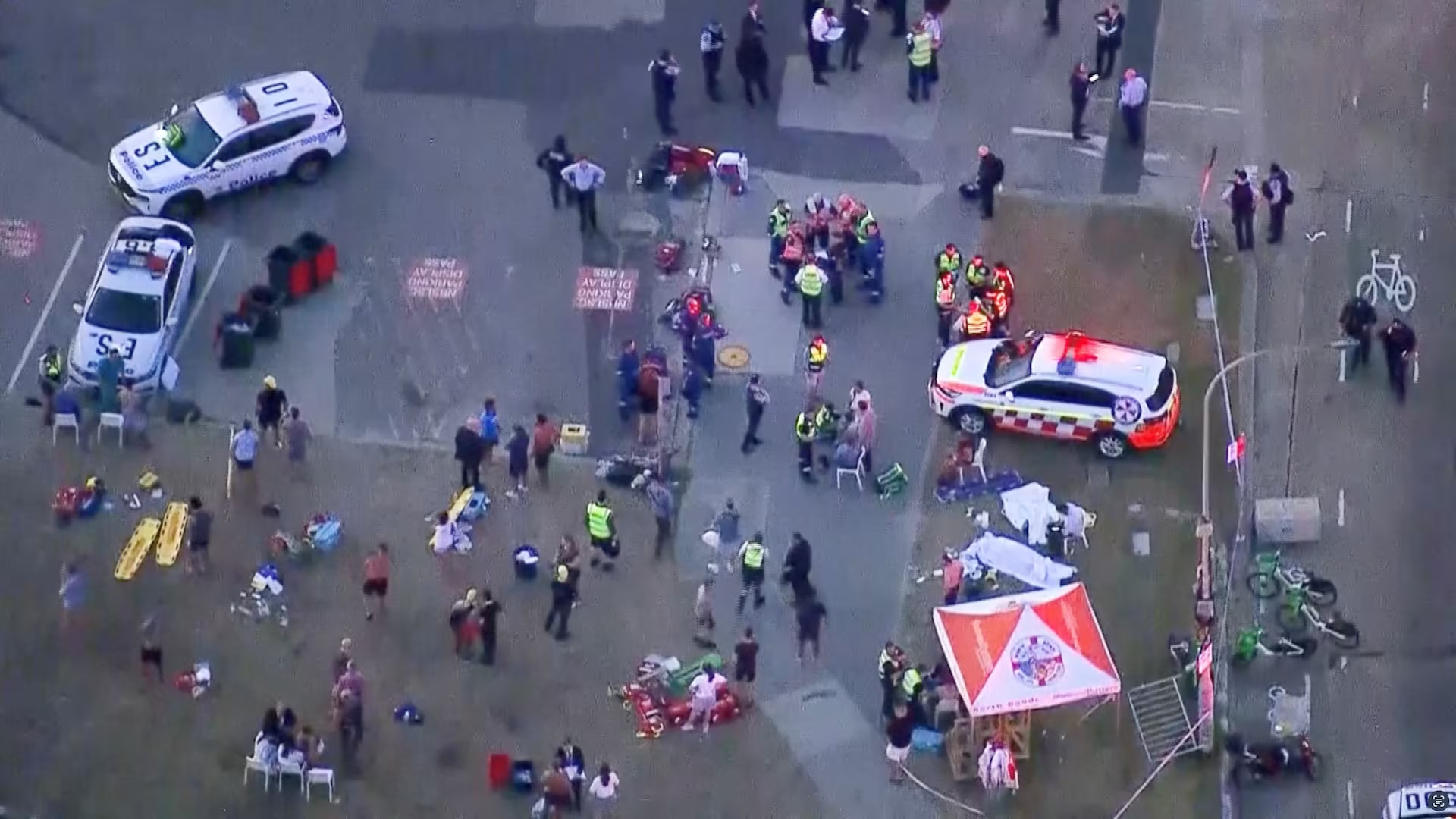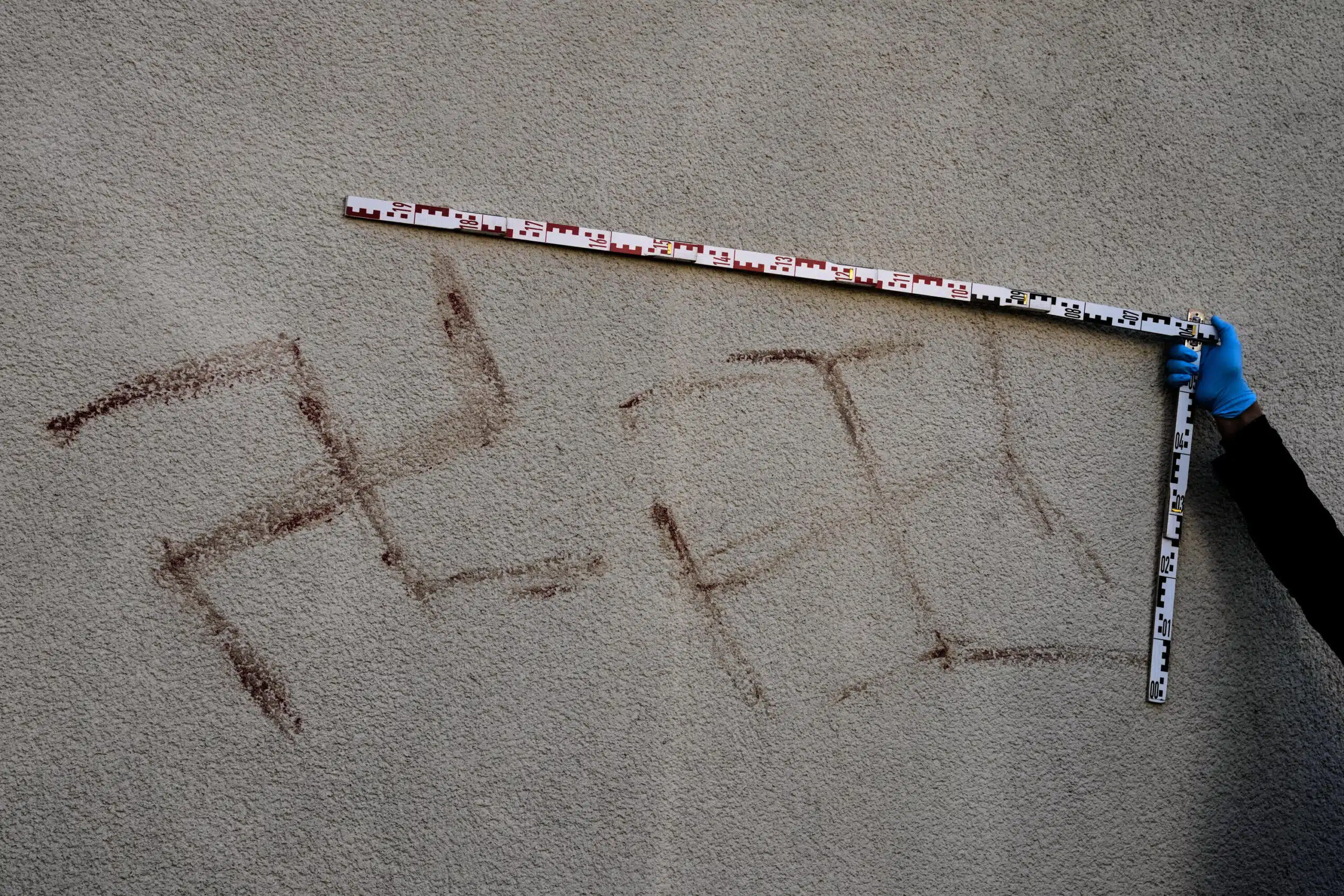

CAM Tracks Daily Average of 5.3 Antisemitic Incidents in 2022, Down 13% From Previous Year
The Combat Antisemitism Movement (CAM) tracked a total of 120 antisemitic incidents reported in the media worldwide in December 2022, marking a daily average of 3.9 incidents.
CAM’s Monthly Antisemitism Report classifies incidents of Jew-hatred (including physical assault, verbal harassment, vandalism, and hate speech) by the ideologies of the perpetrators.
Overall, CAM’s Antisemitism Research Center tracked 1,921 antisemitic incidents in the media in all of 2022, an average of 5.3 incidents per day, compared to 2,215 incidents, or 6.1 per day, throughout 2021 — a 13.3% decrease.
In the United States alone, however, the number of incidents jumped 12.2% — from 853 in 2021 to 957 in 2022.
Of December 2022’s incidents, 48.3% (58) had far-right motives (compared to 44.2% of 2021’s total), while 10.8% (13) had far-left motives (compared to 19.1% of 2021’s total) and 10.0% (12) had Islamist motives (compared to 19.1% of 2021’s total). The remainder — 30.8% (37) — had unidentifiable motives (compared to 17.7 % of 2021’s total).
Also in December, CAM monitored 17 physical threats against Jews, as well as 54 incidents of antisemitic vandalism.
In the United States, the Biden administration announced the establishment of an inter-agency group to “develop a national strategy to counter antisemitism.”
“This strategy will raise understanding about antisemitism and the threat it poses to the Jewish community and all Americans, address antisemitic harassment and abuse both online and offline, seek to prevent antisemitic attacks and incidents, and encourage whole-of-society efforts to counter antisemitism and build a more inclusive nation,” the White House said.
Meanwhile, at the Mayors Summit Against Antisemitism in Athens, Greece, CAM unveiled a new six-point plan for municipal leaders to take impactful action to fight religious bigotry and secure and nurture Jewish life in their cities.
And in Germany, the government approved the first-ever program directly geared toward combating antisemitism and fostering Jewish life.
Five realms of action — “data collection, research and accurate assessment of antisemitism; education as prevention; new approaches to Holocaust remembrance; increasing security; and making current and past Jewish life in Germany visible” — were highlighted in the strategy.
There was seven new adoptions of the IHRA Working Definition of Antisemitism in December — by the Nevada Board of Regents; City of Tacoma, Washington; City of Mill Creek, Washington; Snohomish County, Washington; Waterloo Region District School Board (Canada); Province of Saskatchewan, Canada; and City of Nancy, France.
The full monthly report can be viewed here.
For more information on CAM’s antisemitism incidents data, which is collected on a weekly basis, visit: combatantisemitism.org/newsletters











